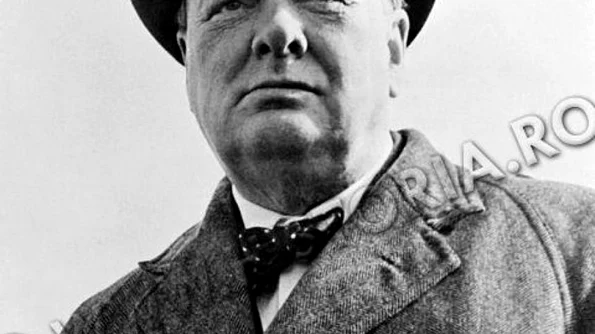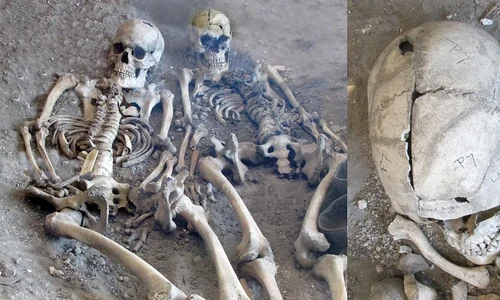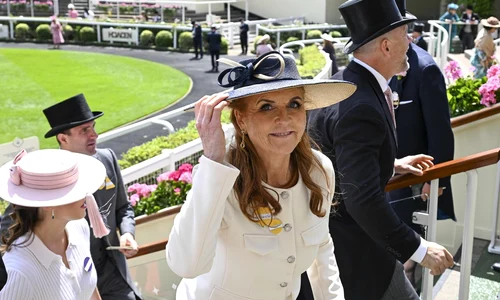
Why was Churchill defeated in the 1945 elections?
Between 1940 and 1945, Churchill was the most popular British prime minister. According to a survey, in May 1945, Churchill enjoyed 83% of the British nation’s trust. Thus, everybody had assumed that Churchill would bring about a Tory victory in the following elections. Yet, this was not what actually happened… The Labour Party won the elections by a surprising majority defeating thus the great WW2 hero.
Churchill was largely to blame for the Tory’s unexpected defeat in the elections. The qualities that made him an exceptional wartime leader were not, according to the British, adequate for handling peace-time domestic politics. The British historian Paul Anderson is of the opinion that because of Churchill’s wartime success as prime minister, he was defeated in the 1945 elections.
Immediately after he became prime minister, Churchill asked the leaders of the three great English parties (Attlee, Sinclair and Chamberlain) to form a coalition government. The three leaders managed to reach an agreement which ensured the UK a stable governing coalition in the very difficult war period. Even today nobody is able to imagine that there could have been a better national leader than Churchill.
Churchill was an exceptional wartime leader and his most important and constant objective was the military victory. Because of this, the problems concerning the party policy were not of great value whereas he was concerned. Moreover, at war’s end, British policy reverted to its original peace time course and Churchill discovered he had no specific direction or purpose.
In the autumn 1940, Churchill became the Tory leader just because he wished to consolidate his authority as the wartime British prime minister. In Churchill’s opinion, the party was only for support and that is why he ignored its interests during the WW2. A Tory MP wrote in October, 1944 that there has never been a party which lacked more a leader’s guidance than the then British Conservative Party.
Yet, in the meantime, the Labour Party managed to came up with a political agenda. In order to back it up, they launched a media propaganda which made the interwar Tory leaders responsible of the appeasement policy towards Hitler and England’s failure to timely rearm. Furthermore, they presented the 1930s as period of poverty and unemployment.
Because he was totally absorbed into the war issues, Churchill ignored the reform programs proposed by his coalition allies. He thought that social issues could be discussed during the war, yet the decision should be taken in the post war period. Thus, it was common knowledge that the British would elect the party which was the most willing to implement the much needed reforms. Surveys (a novelty of those times) indicated in February 1945 that the Labour was ahead of the Tories by 18%. However, everybody expected the war time hero Churchill to win the elections (as in Lloyd George’s case after the WW1).
The Conservative Party’s propaganda was built on Churchill’s excellent war and peace time leadership qualities. The Labour presented the British with a program that consisted of:industry nationalization, ensuring jobs for the unemployed, social security etc.
One of Churchill’s biggest mistakes during the election campaign was that he emphasized too much the need to defeat Japan. The message he sent across was that he seemed only interested in the conduct of the war and this created inside Britain a climate of distrust towards Churchill. To this were added (absurd) rumours that the prime minister was planning a war against the USSR.
In the beginning, the defeat surprised and depressed Churchill, however, he managed to recover quickly. He looked towards international politics and foresaw the great disturbances which would affect the international political stage. Churchill waited for what he thought would be the nation’s inevitable reaction to the leftist policy of the Labour.















